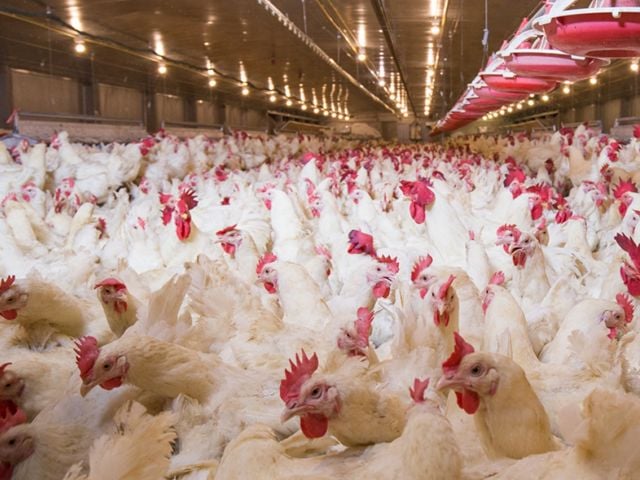Displaying 1465 - 1488 of 7455
Use of sweeteners exploding despite regulatory vacuum

In the race for the plant-based foods market, the U.S. is falling behind

EWG’s 2023 gift guide
Choosing a gift for someone is challenging enough without the added worry of whether the item is full of potentially harmful chemicals.

Surprise! Some of your favorite foods may contain artificial sweetener

EWG statement on California appeals court hearing over CPUC's rooftop solar decision

PG&E sneaks in last-minute rate hike request to California regulators on final business day of 2023

75% of California rooftop solar companies at ‘high risk’ of bankruptcy

Medical monitoring bill will provide justice for people harmed by ‘forever chemicals’

EWG statement on EPA's announcement for PFAS and RCRA

Heartbreaking: Harmful food dyes in Valentine’s Day candy

Lead use in popular Stanley tumblers sparks consumers’ concern

Chemical industry throws temper tantrum over ‘polluter pays’ tax to cover cleanup of its toxic sites

Replacement flame retardant chemicals linked to preterm birth, new study finds
A new study finds a link between premature birth and exposure to organophosphate ester flame retardants, or OPEs, used in furniture and foam for mattresses and more. The study also found the risk of...

New USDA data reveal that the largest factory farms keep growing in number
The largest factory farms that are bad for farmers, the environment and public health keep growing in number, according to new data the Department of Agriculture released today.

California Legislature passes bill to eliminate lead from school drinking water, protecting youth

Giving IRA conservation funds to farm subsidies threatens millions of cover crop acres

New EWG study: Pesticides still found in baby food but most-toxic threats eliminated through advocacy, regulation

Statement from EWG on Gov. Newsom’s veto of three bills to protect public health
What are phthalates?
As you start your day, phthalates are already part of your morning rituals. The first dose happens the moment you pull back your plastic shower curtain, which may contain these chemicals. The scents...

EWG applauds House bill to close food chemical safety loopholes

What are parts per million, billion and trillion?

The New Lede finds U.S. taxpayer funds used to downplay global pesticide risks

Nailed

Teflon Chemical Harmful at Smallest Doses
